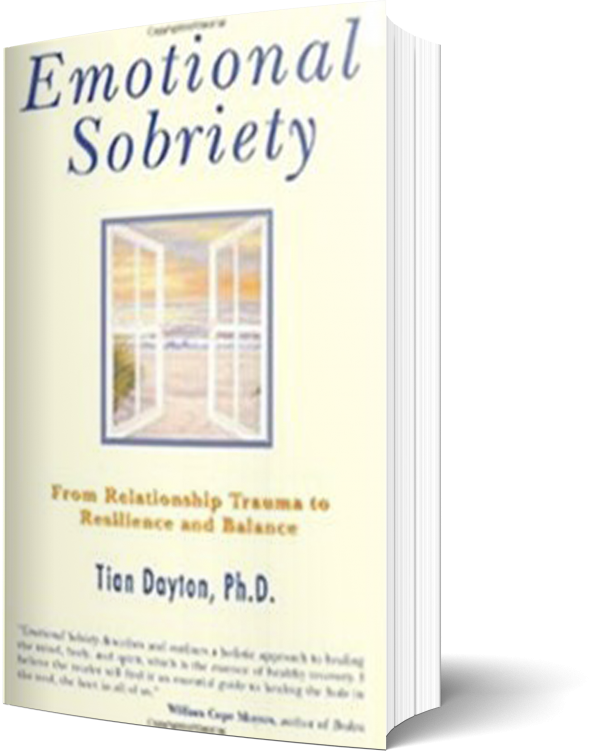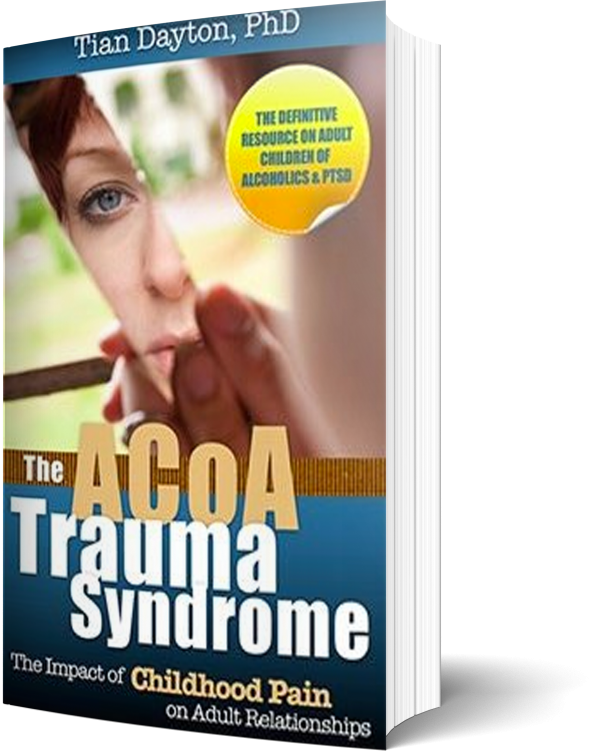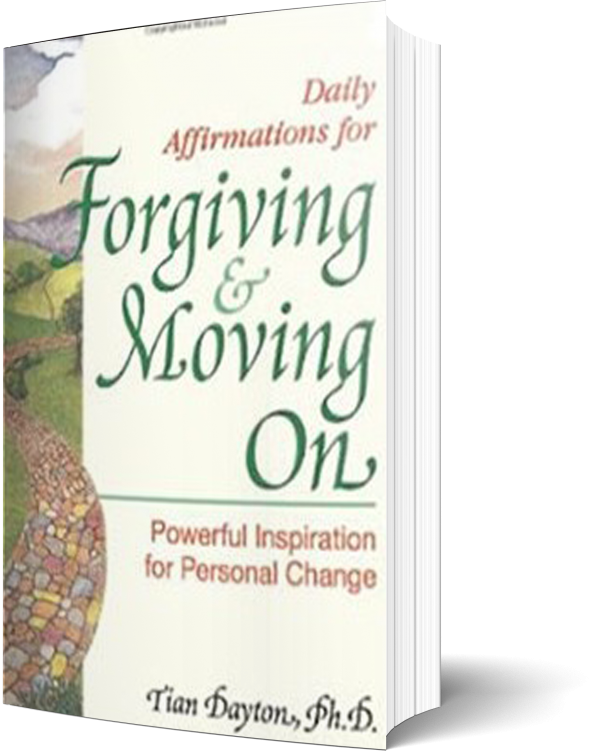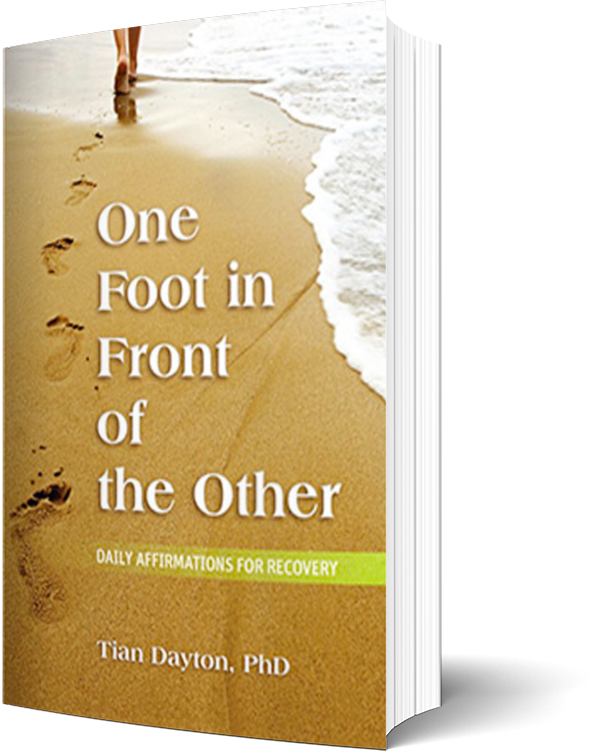On July 26, Diane Schuler entered a busy upstate highway going the wrong direction with her 2-year-old daughter and three young nieces, ages 8, 7 and 5, in the car with her. All were killed when she collided with a SUV, going the right way down the same highway. The crash also killed all three men in the SUV: Guy Bastardi, 49; his father, Michael Bastardi, 81; and a family friend, Daniel Longo, 74, all of Yonkers. Only Schuler’s 5-year-old son survived.
Until yesterday, why Diane Schuler was driving the wrong direction was unknown. Yesterday it became known.
She was drunk and stoned; driving and, at least at that moment, living “under the influence”.
Schuler’s blood-alcohol level was more than twice the legal limit of 0.19 said State Police Maj. William Carey, and she still had undigested alcohol in her stomach.
According to authorities, Schuler had more than 10 drinks of alcohol in her system and a broken 1.75-liter bottle of Absolut vodka was found in her wrecked minivan.
Blood tests also showed that she had smoked marijuana 15 minutes to an hour before the crash, said Betsy Spratt, chief toxicologist for the Westchester County medical examiner.
This example is extreme because it shows the final chapter of alcohol and drug abuse in it’s most horrific, high relief. Imagine the sense of helplessness and confusion of those children in their final moments of life, riding with a mother/aunt, someone they loved and trusted, drunk and out of control. (Or maybe, like so many children who ride in the back seat with a drunk parent at the wheel, myself included, they just learned to look out the window and get lost in the world passing by.) Imagine the pain of the family members of the children who were killed and that of the families of the innocent passengers of the SUV that Schuler, in her stupor, plowed into.
The truth is, it’s too horrible to imagine and it is too close to the bone, it just plain affects too many of us. That is why this issue of addiction is such a tough thing to talk about. Even as I write this I want to apologize for saying something so upsetting. But then I remember the cardinal lesson that I learned growing up with addiction. It’s that all too often it’s the person who says there is a problem who gets in trouble, not the person who is the problem. Saying that there is something that’s wrong becomes the sin, not doing it.
According to Sis Wenger, President/CEO of The National Association for Children of Alcoholics, (www.NACOA.org) addiction isn’t something people want to acknowledge or talk about. “It’s an uphill battle when it comes to raising both awareness and funds to train all those who touch the lives of children to learn that doing a little can make all the difference in ‘reaching into the darkness and helping a hurting child.’” Apparently, people will give to save one child from leukemia or poverty but will balk and become uncomfortable when it comes to helping the silent suffering of those children who are trapped in families where a parent is abusing alcohol or other drugs. They will give to museums, humane societies, even to save trees, rivers and streams, but when it comes to saving the minds, hearts, and in this case, lives of children who grow up every day with the helplessness and hopelessness of a parent who abuses drugs and alcohol, it’s a much tougher sell.
The sad truth is that children who live with addicted parents get in the car with drunk moms and dads every day. They fetch their beers for them, get sent to the store for cigarettes because their parent is too smashed to go themselves or simply sit lonely in front of TV sets, trying their best to take care of themselves because their parent wants them quiet and out of the way. Kids in these homes learn well how not to set their parents off. It is the hyper-vigilance I have been talking about for the last few weeks in my articles on co-dependency.
The word co-dependent, in point of fact, came straight out of twelve step rooms. It actually began as co-addict. Co-dependent originally referred to those people who were in “dependent” relationships with an addict like spouses and children. The roots of co-dependency encompass the kind of hopelessness and fear experienced by children and spouses when they are forced to witness someone they love and “depend” upon behaving in ways that put their minds, hearts and, in this case, their lives at risk. The only thing different here is that this mother was at the wheel of a car. But mothers and fathers are always at the wheel, steering the lives of their children. Parenthood is stressful, if you learn to cope with the added stress and anxiety of parenting with alcohol and drugs, many lives are adversely affected.
When I asked Sis Wenger what might have been done to prevent this tragedy she gave me a list of questions that we can ask ourselves:
- “Who knew – and didn’t act? She was a “good mom”, so are a lot of alcohol abusing mothers. But unfortunately, it’s their drunkenness or their disease that all too often drives their actions, not their rational thinking or their good hearts.
- I wonder if her doctor ever did a brief screening and intervention — does her doctor do that routinely; if not why as the evidence is powerful that it saves lives (and families), and the tools are available and free.
- Did the children’s teachers know; is there a student assistance program in their school which could help children living with alcohol or drug abusing parents learn to cope and be safe?
- Did the family belong to a faith community; who in the congregation knew and did nothing; did the pastor know there was a drinking problem?
- She was apparently loved at work. Did the employer have an Employee Assistance Program; did the employer’s insurance program cover addiction treatment? Did her colleagues know but do nothing to intervene? Why?
- Who knew and thought she was such a nice person they didn’t want to offend her? Why do we let the nicest people we know sink into this fatal disease until a tragedy happens or they just die too young?
- When are pediatricians, family practitioners and nurses going to stop feeling too afraid to ask the simple question of children ‘’ “anyone in your family you are worried about because of their drinking or drug use?”
The Robert Wood Johnson Foundation, the largest foundation devoted to improving the health and health care of all Americans, has identified substance abuse as the nation’s number one health problem. According to a new survey conducted by Roper ASW for the Council of Public Relations Firms, one in every four Americans believes drug and alcohol addiction is the nation’s most serious health issue, placing the problem ahead of heart disease, cancer and depression.
Our prayers go out to Dianne Schuler’s son, husband and relatives who will be living with this horror for the rest of their lives and to the Bastardi and Longo families. All who have now become statistics of alcohol and drug related losses.
Our prayers also go out to all of those spouses and children who daily live with the fear, sorrow and terror of addiction, who never make the papers or show up in statistics but whose lives are forever altered by living with the legacy of addiction.





